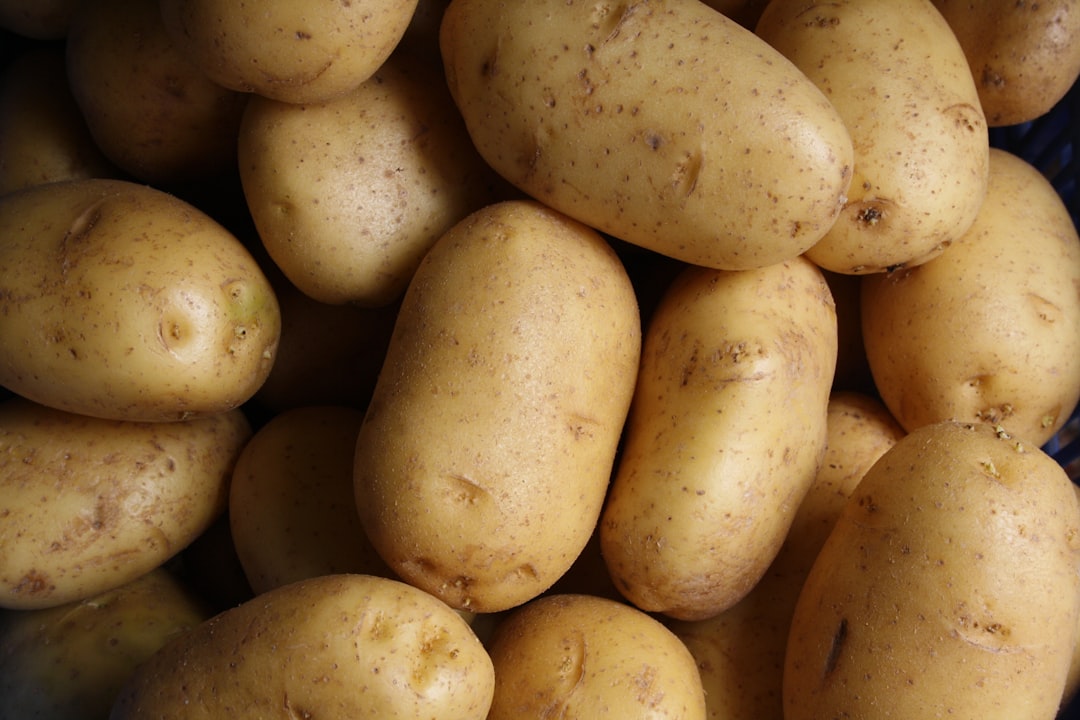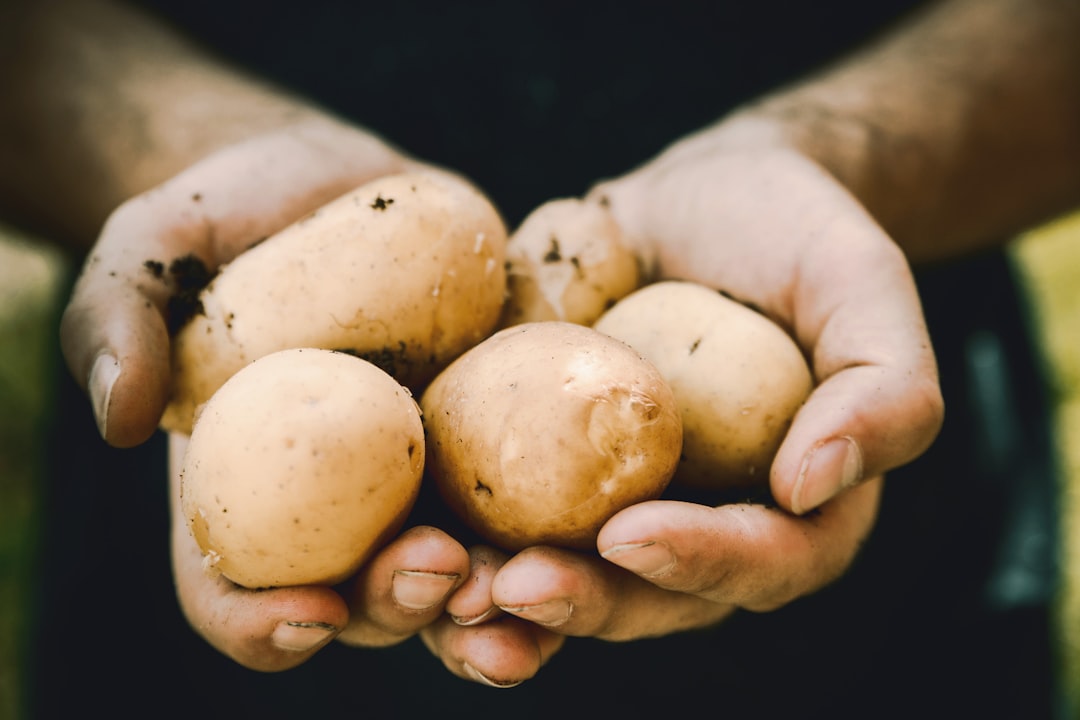Potato
Potatoes come in a wide array of shapes and colors, but the most common type is round with a smooth brown skin and white flesh inside. There are also purple potatoes (which are often called red or blue), yellow ones, and even some that are striped or spotted! Some varieties have more starch than others, which means they're great for mashing or frying but not so great when you want them to hold their shape when boiled or baked—so it's important to pick the right kind for whatever recipe you're making.
Potato recipes
Amazing potato recipes sourced from the web.
The origin of potato
Potatoes come from South America, where they were first cultivated by the Incas as early as 5,000 years ago. They are also known as tubers and are related to other nightshade plants like tomatoes and eggplants.
Potatoes are a staple food in many countries, and they can be eaten in a variety of ways. It's believed that potatoes originated in Peru and Bolivia, but they didn't become popular until they were introduced to Europe by explorer Sir Walter Raleigh in 1596. Since then, potatoes have spread throughout the world and are now grown on every continent except Antarctica.
Types of potato
There are hundreds of varieties of potatoes, ranging from small to large (and even purple!). They can be round or oblong, smooth or bumpy. Some have purple or red skin while others have yellow skin with white flesh inside. Some potatoes are grown for their edible seeds (which you can eat), but most are grown for their fleshy edible parts.
Potatoes can be boiled, baked, roasted or fried—and there are endless ways to prepare them! They're often served alongside meat dishes like steak or chicken but you can also enjoy them by themselves without any other ingredients added (just cook them in their skins in your microwave!).



